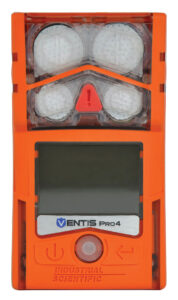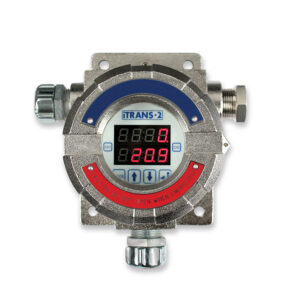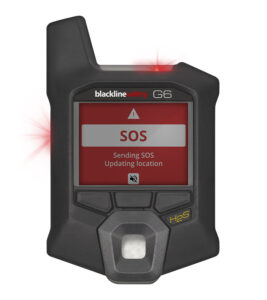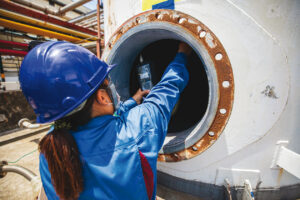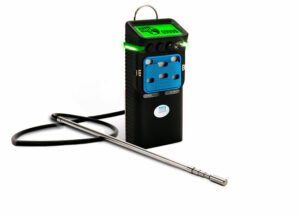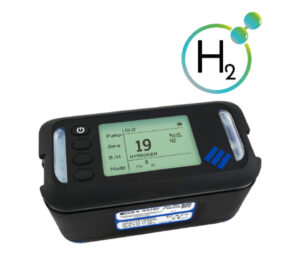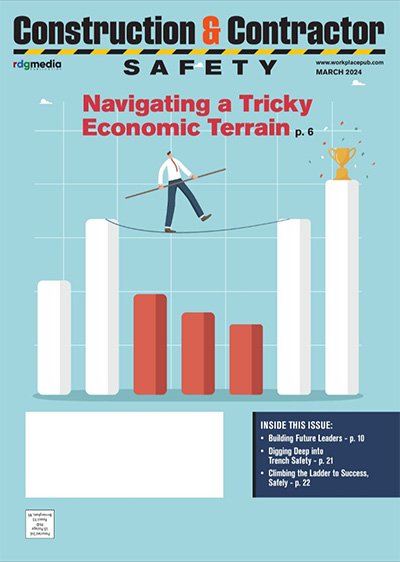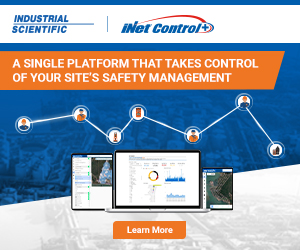By: Dante Moore, Contributor No matter how you spin it, industrial environments continually feature conditions that can contain hazardous gases—meaning having the right equipment for the job isn’t just a precaution; it’s a necessity. Whether you’re working in oil & gas and chemical manufacturing; or utilities, construction and beyond—the air you breathe could secretly be…
Read More >>There are many prerequisites when it comes to gas detection, not least maximum flexibility, increased performance and minimal installation costs. Add in modern expectations such as smart features and the ability to detect explosive, toxic or asphyxiant gases, and the list of potential solutions soon becomes short. Prominent among the choices, however, is the proven…
Read More >>Hydrogen will be at the heart of the world’s energy transition away from natural gas. However, while there are many ways to produce and use hydrogen, there is a common denominator: all require monitoring for safety. Today, Teledyne Gas and Flame Detection has a complete product offer for hydrogen that not only encompasses end-to-end gas,…
Read More >>Teledyne Gas and Flame Detection is excited to introduce its online purchasing webstore, enhancing customer convenience by offering 24/7 access to their industrial portables’ portfolio. In response to direct customer requests for a self-service option, Teledyne Gas and Flame Detection proudly announces that visitors to their webstore can now effortlessly browse and place orders for…
Read More >>Award-winning wearable now includes emergency SOS and real-time connectivity Blackline Safety Corp. (TSX: BLN), a global leader in connected safety technology, today announced a significant upgrade to its G6 single-gas detector, adding new features and service plans to the life-saving wearable device. G6 now features the same real-time connectivity as the company’s G7 product line. Additional…
Read More >>By: Dave Wagner, Contributor Workplace safety is constantly evolving, especially in fast-moving industrial environments. Thanks to technological advancements, what was considered safe 10 or 20 years ago often doesn’t hold up to present-day safety standards. This is especially true for gas detection systems. While up-to-date gas detection systems cannot eliminate every safety challenge, when paired with proper…
Read More >>GfG’s new G999S uses a combination sensor (CC/TC or CC/TC/SC)[1] to measure CH4 in different measuring ranges. In the measuring range from 0 to 10,000 ppm, small leaks can be detected. Leak detection is supported by an acoustic ticker signal. The measuring range 0 to 100 % by volume is suitable for gas analyses such…
Read More >>Teledyne Gas & Flame Detection is releasing an enhanced version of the popular Gasurveyor 700 (GS700), known as the GS700-Hydrogen. This upgraded model incorporates the capability to detect hydrogen (H2), in addition to its existing ability to detect natural gas (NG). This integration of natural gas and H2 detection within a single instrument enhances versatility…
Read More >>Teledyne Gas and Flame Detection, a global leader in gas and flame detection solutions, is pleased to announce the launch of its new website, featuring updated informational content and a user-friendly interface. The website is designed to provide an enhanced experience, including improved accessibility and mobile compatibility. It introduces new content on a range of…
Read More >>ION Science has announced the launch of the new Panther gas leak detector, featuring a host of new features and twice the sensitivity of its predecessor, the GasCheck G. The first ever ‘GasCheck’ was launched in 1990, offering industrial users the ability to detect leaks of gases such as hydrogen and helium. Later, more advanced…
Read More >>Leaders in Industrial Hygiene
Council for Accreditation in Occupational Hearing Conservation (CAOHC)
Subscribe!
Sign up to receive our industry publications for FREE!



